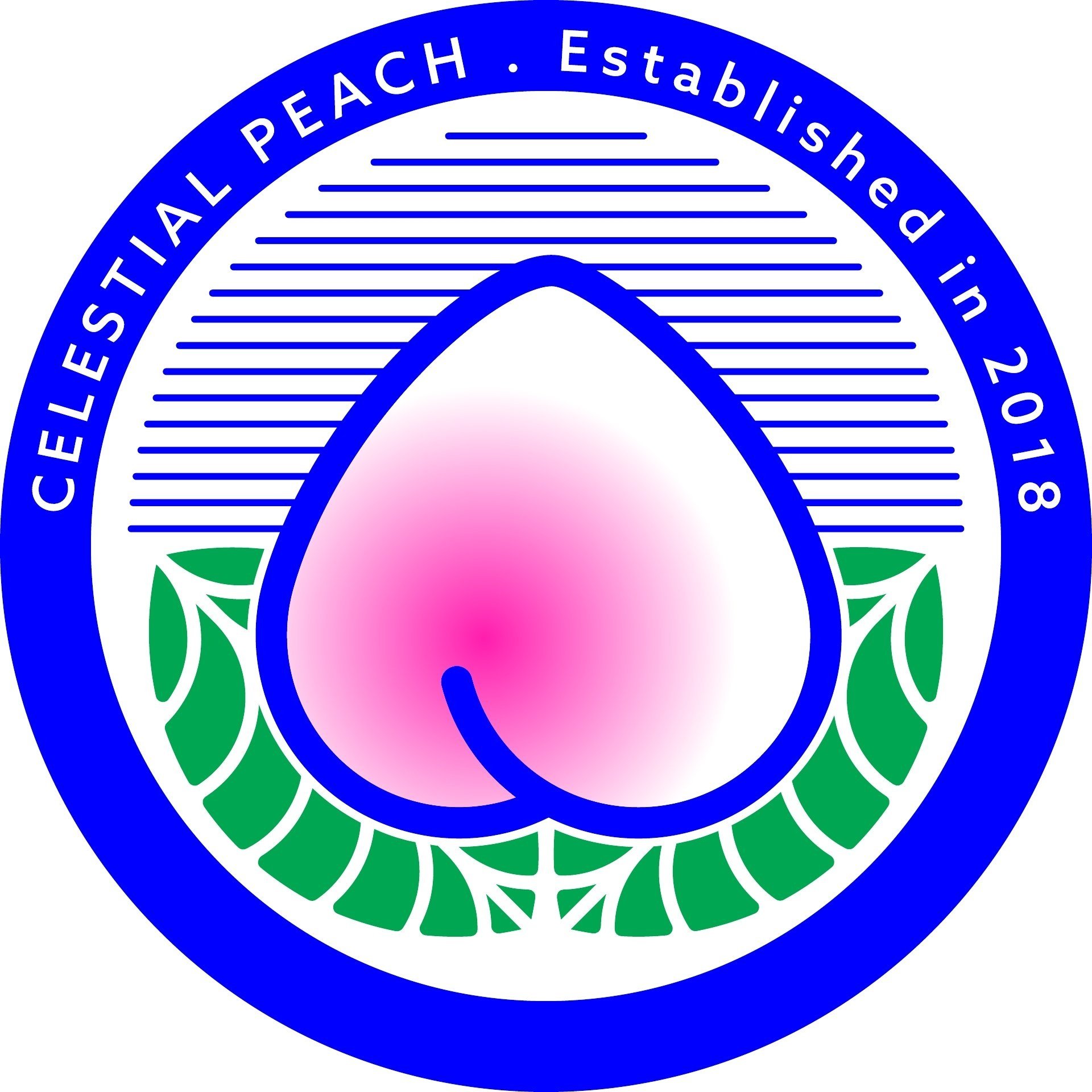#ChineseFoodiesofIG: Amy Poon, Poon's London
Amy Poon with her father Bill Poon of Poon’s London
This is part of an ongoing series of interviews I’m doing with my favourite Chinese foodies that I follow on Instagram. Come and follow the #ChineseFoodiesofIG hashtag on Instagram and leave a comment showing your support for these talented folk!










